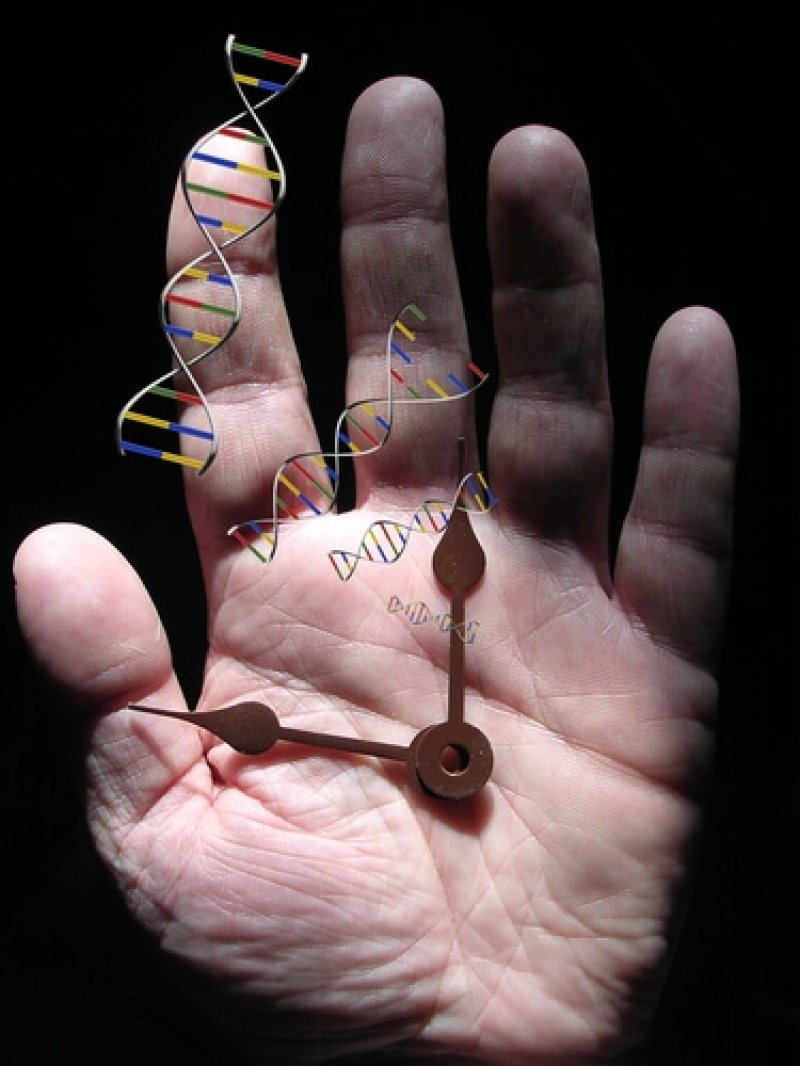The GLP aggregated and excerpted this blog/article to reflect the diversity of news, opinion and analysis.
Scientists say they have developed a way of testing how well, or badly, your body is ageing.
They say it could help predict when a person will die, identify those at high-risk of dementia and could affect medicine, pensions and insurance.
The team at King’s College London say looking at “biological age” is more useful than using a date of birth.
However, the work, published in Genome Biology, provides no clues as to how to slow the ageing process.
The test looks for an “ageing signature” in your body’s cells by comparing the behaviour of 150 genes.
It was developed by initially comparing 54,000 markers of gene activity in healthy, but largely sedentary, 25 and 65-year-olds and then whittling them down to a final 150.
The researchers tried the test out on samples from a group of 70-year-old men in Sweden.
They worked out who was ageing well and who was ageing very rapidly and were able to predict who would die in the next few years.
“You could actually pick out people who had almost no chance of being dead, and you have people who had an almost 45% chance of being dead,” said Prof Timmons told the BBC.
Read full, original post: Test shows how old your body really is































